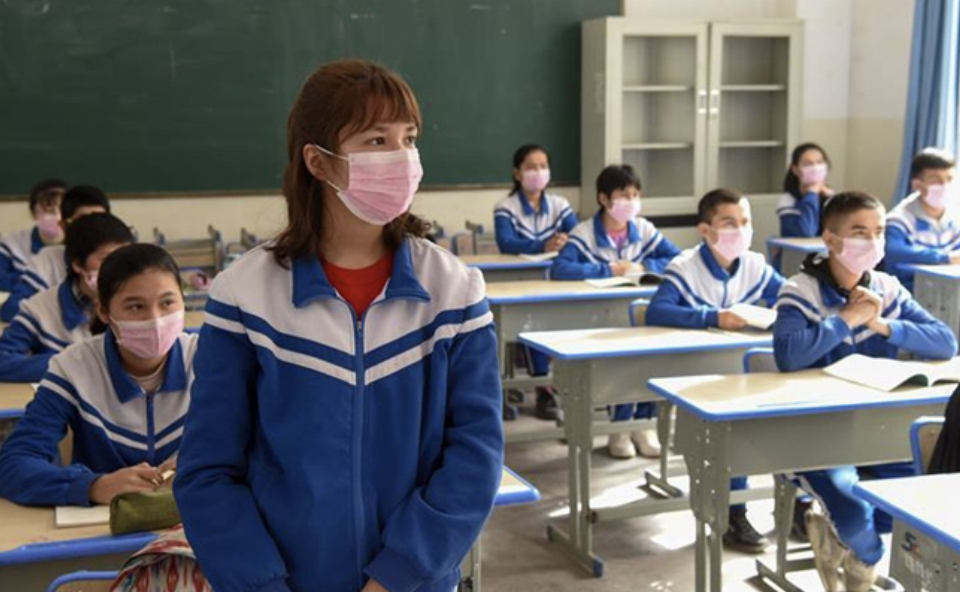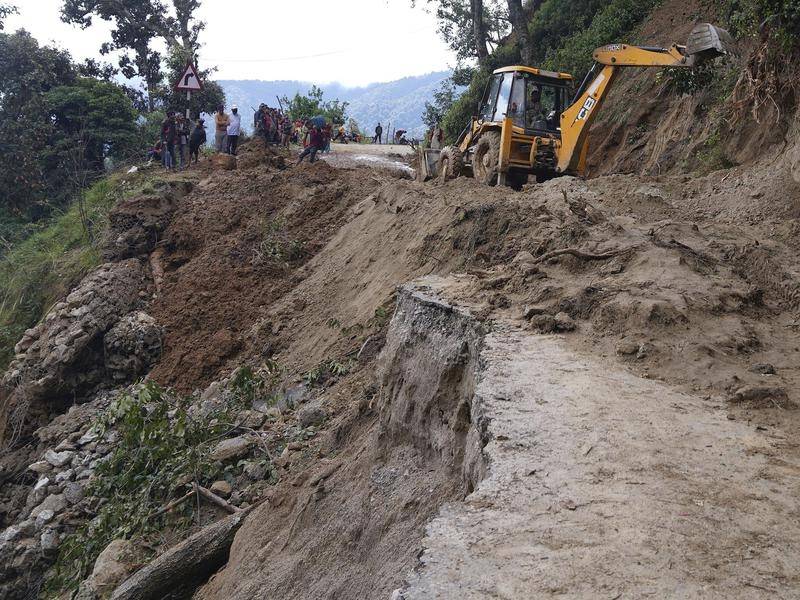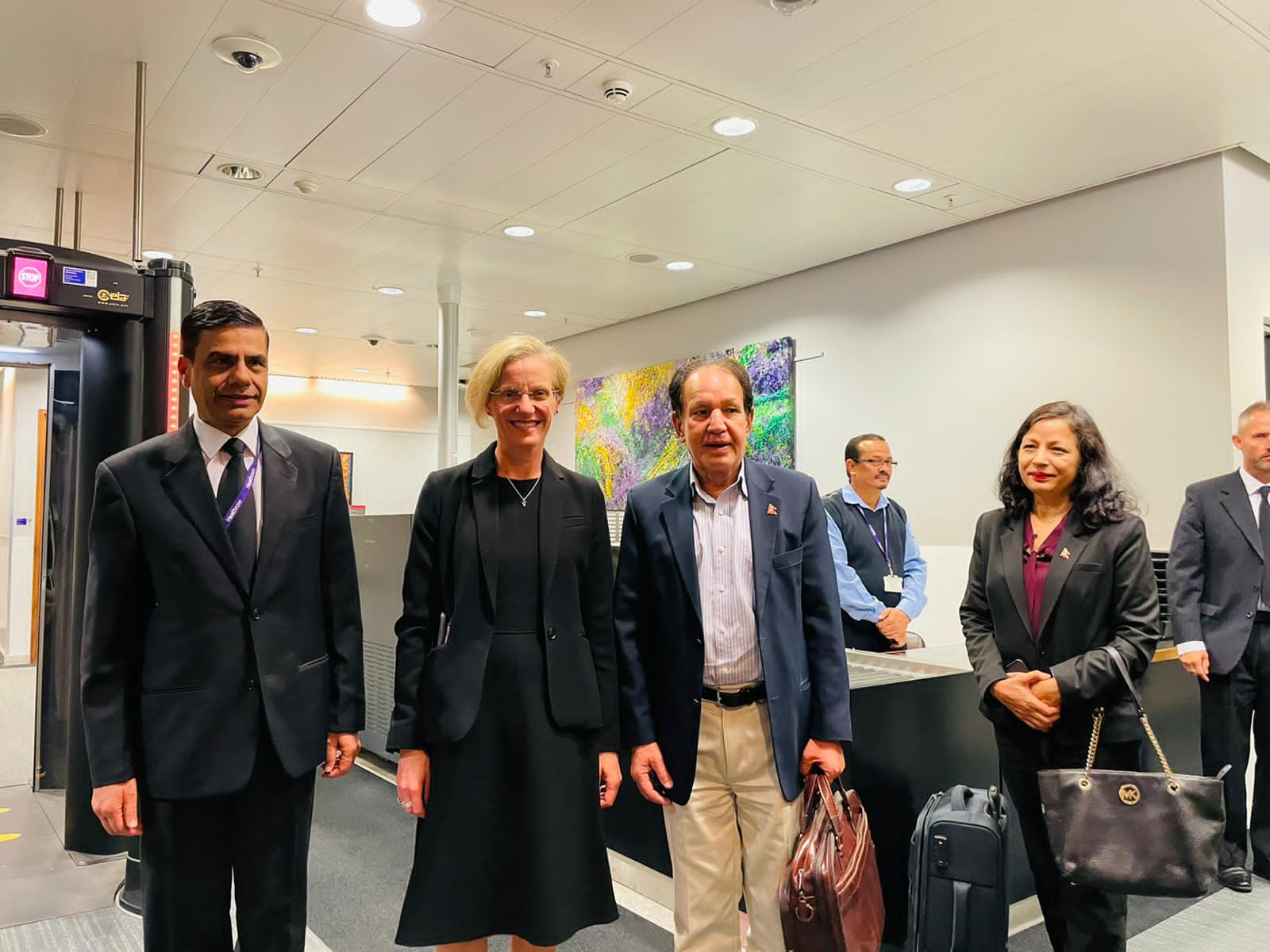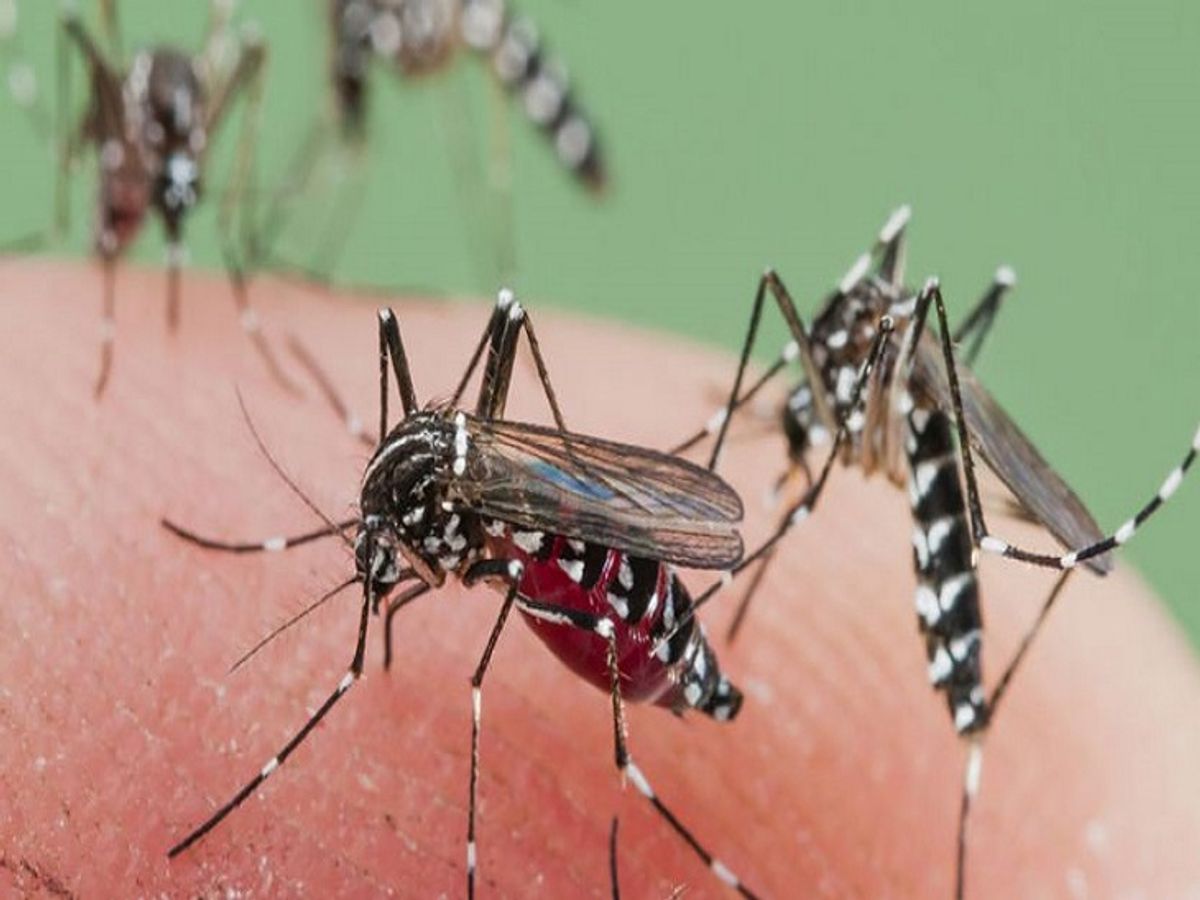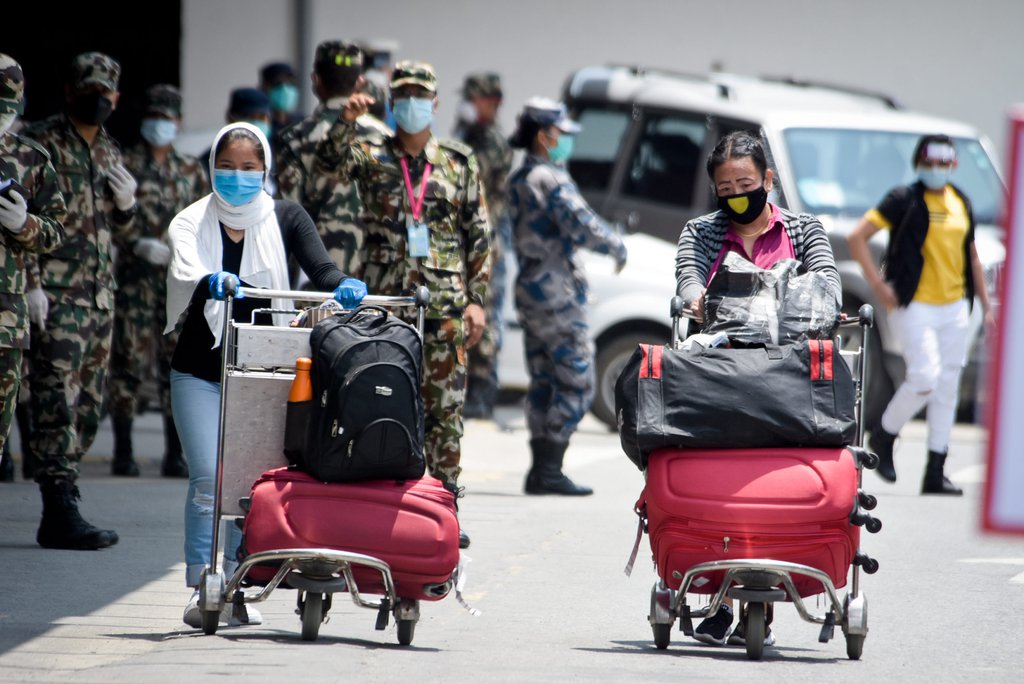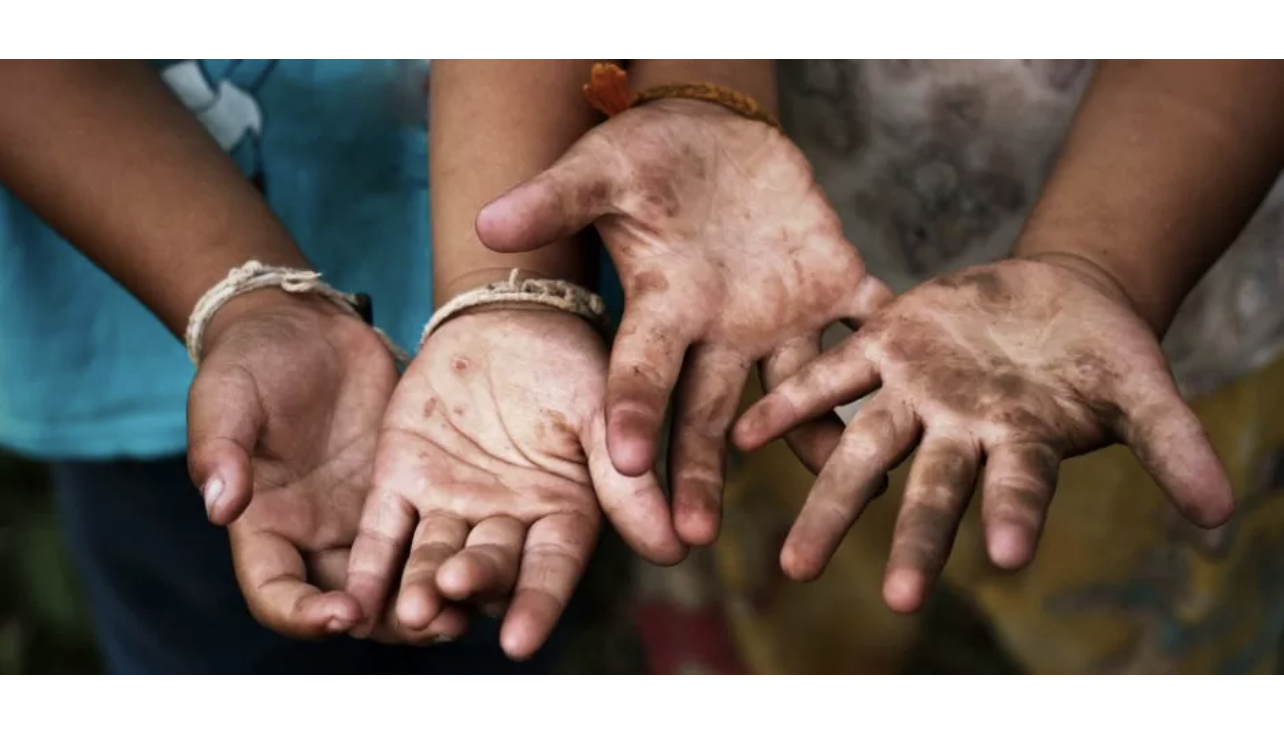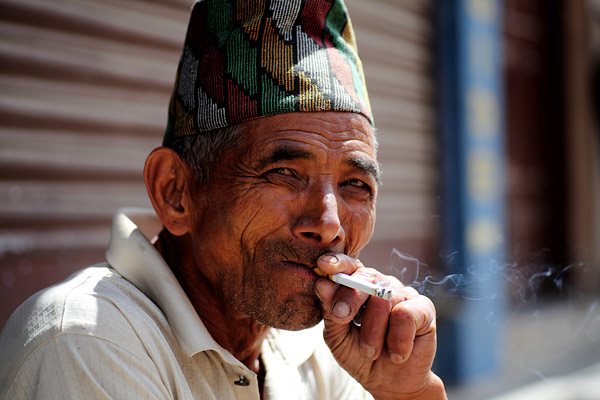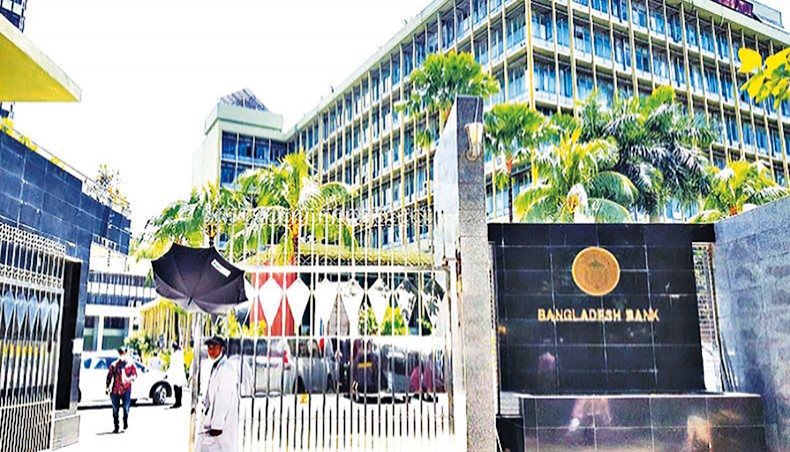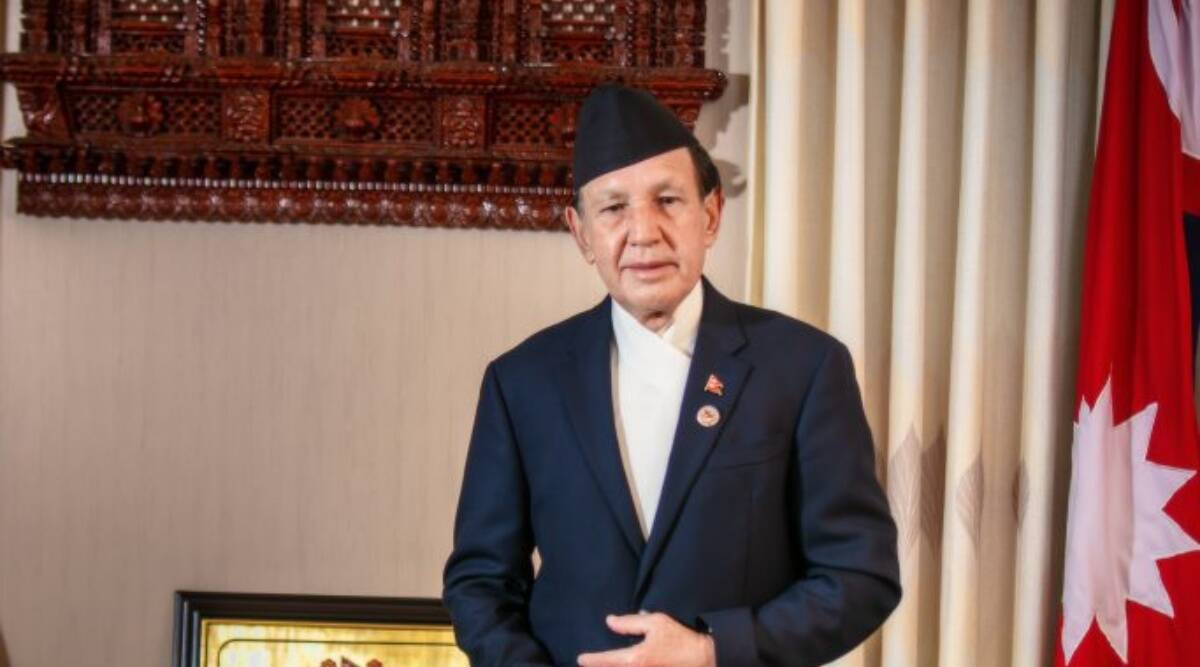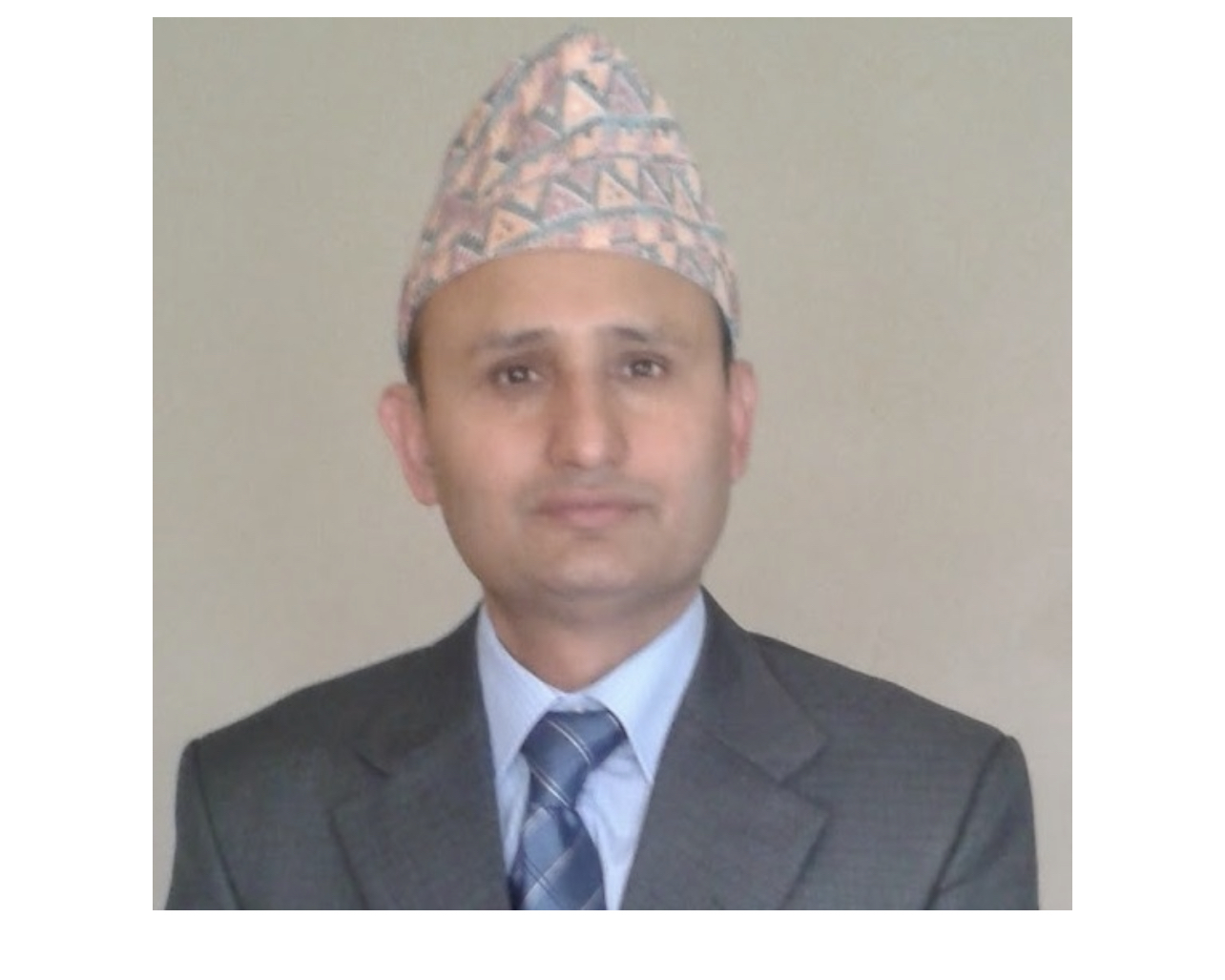By Tim Reynolds Chartered Engineer, Chartered Environmentalist.
Energy is one of the basic requirements to sustain our civilization, yet also the greatest threat to carbonization, and global warming. Secure and abundant electrical power is vital in developing industrialized nations in the 21st century. Climate change significantly affects many countries’ economic systems, ecological structures and social development.
Dr. Ramhari Poudyal is driving change for renewable energy and decarbonized industrial development in East Asia, Nepal has enormous hydropower resources, 330 days of sunny weather, and surrounded by many 12,000 meters tall mountains including Mount Everest, yet regularly suffers 18 hours long power outages.. Dr. Ramhari Poudyal is an electrical engineer determined to enable Nepal to become the renewable energy producer for the region, beyond the national boundaries feeding energy poor neighboring countries. He must build a network of partners, not least in the USA to achieve deployment of renewable energy and other strategies for energy planning,, efficiency improvement conservation, and induatrial decarbonisation, To build partnerships in Innovative technologies such as Smart grid, micro grid, and distributed generation with fully digitalized sensors and smart meters to control the energy theft and huge system loss.
After many years of industrial and engineering experience, Dr. Poudyal decided to research at Swansea University, UK. Dr. Poudyal’s primary area of study was the energy crisis and its mitigation by renewable and sustainable energy.. Dr. Poudyal conducted extensive holistic research that has created new knowledge in the energy sector and published several international peer-reviewed articles, conference papers, and many newspaper and magazine articles about energy crisis and the environment, regularly cited in international journals. He has been invited for an interview by popular media and newspapers. He has participated as a judge and a member of panels to evaluate the work of others in several national and international meetings and journals in his field. His professional expertise were renewable energy, energy planning, energy modeling, energy efficiency improvement and sustainability.
Dr. Poudyal is always keen to learn new technologies and sharpen his ability by taking online courses and programs from the USA-based university in his field such as Energy, the Environment and Our Future, the Pennsylvania State University USA. Global sustainable energy: Past, present and the Future, the University of Florida, the USA. Integrating and Planning Projects from the University of California, Irvine, the USA, Developing Innovative Ideas for New Companies: the first step in Entrepreneurship University of Maryland, College Park, the USA. Cities and Consumption: Urban Sustainability and the Sharing Economy, Lund University.
Dr. Poudyal brings together a diverse panel of experts to discuss lessons from previous energy price shocks, prospects for energy and metal markets, and policy options to accelerate the transition away from fossil fuels while shielding vulnerable groups from damaging disruptions.
Moreover, the world is feeling the pressures of Climate and Ecosystem Change. This includes increasing temperatures, flooding, drought, more powerful and frequent storms, wildfires, crop loss, illness, thawing glaciers, and rising sea levels. Illustrates the impact of the COVID-19 pandemic and Russia’s invasion of Ukraine has magnified the slowdown in the global economy and highlighting the need for policies to address the underlying demand and supply imbalances.
Dr. Poudyal and team is focusing on climate change, committing to adaption by collaborating with interdisciplinary teams of researchers from USA, Europe UK and Nepal to solve some of the world’s most complex energy and environmental challenges. Dr. Poudyal mentions that our world needs abundant, clean, safe, and affordable energy. His study aims to understand challenges in the mechanism of energy transition and advise energy policy for green and resilient energy. For this, Dr. Poudyal is looking forward to helping the world identify unique routes forward for long-term solutions by energy modeling potential in alleviating the energy poverty of the world. Dr. Poudyal explores as a leading role in a project focused on understanding the world’s energy situation and its supply and demand scenario focusing on Nepal as a case study. Dr. Poudyal’s innovative finding published the causes of the energy crisis and its solution in one of the preeminent international pear reviewed journals; “Renewable and Sustainable Energy Review”. (Impact Factor 16.79). His article is cited 108 times in a many world-renowned journals. Some of the citations become policy-level citations from highly influential and world-renowned journals and coverage is of international significance.


Dr. Poudyal’s new knowledge is correlated with energy and environment where he champions three pillars:
- Approximately 1.2 billion people lack access to electricity, and roughly 2.5 billion access to modern cooking (Poudyal R. et al., 2019).
- Secondly, energy security and reliability is a crucial issue. Geopolitical effects directly harm the energy safety and distribution. Dr. Poudyal has published several papers in the leading National government daily newspaper Gorkhapatra, The Rising Nepal, Nagarik News and other media. The recent conflict between Russia-Ukraine has taught us the importance of energy security very closely.
- Energy in the environment is vital as 65% of carbon emission results from current energy generation. Fossil fuels traditionally generate our energy. Dr. Poudyal mentions that air pollution kills millions of people worldwide and shortens the lives of people in polluted cities by many years. Dr. Poudyal presented the finding at the BNAC conference 2018 Durham University, UK.
Energy consumption accounts for 65% of total greenhouse gas (GHG) emissions. As our dependence on electricity increases and supply-demand management becomes more challenging, large-scale power outages are more common. This has a direct adverse effect on state economies. Other key factors contributing to the energy crisis are presented in the figure below. (Poudyal, R. et al., 2019)
Dr. Poudyal’s innovative finding analyzed a long-term outlook on the energy situation is outlined using the Long-Range Energy Alternatives Planning (LEAP) modeling software to exploit Nepal’s tremendous renewable energy resources measure significantly to improve the reliable and affordable energy supply and demand by measuring a quantitatively, estimate costs, and environmental impacts. Dr. Poudyal utilized the right tools and critically analyzes energy challenges and His model contributes significantly to overcome the world’s energy crisis. This innovative result was published in the Renewable and Sustainable Energy international pear review journal. His model could be benedictional not only developing countries but any developed countries around the globe like the USA and the UK.
Dr. Poudyal recent study investigates the techno-economic feasibility of installing a 3-kilowatt-peak (kWp) photovoltaic (PV) system in Kathmandu, Nepal. The technical viability of the designed PV system is assessed using PVsyst and Meteonorm simulation software. The study showed significant scaling up the share of solar energy to contribute to the country’s overall energy generation mix. The performance indicators adopted in his study are: The electric energy output, Performance ratio, the economic returns include the levelized cost and the net present value of energy production. The key parameters used in simulations are: Site-specific meteorological data, solar irradiance, PV capacity factor, the price of electricity.
Dr. Poudyal’s results show that the 3-kWp PV system can generate 100% of the electricity consumed by a typical residential household in Kathmandu. The achieved PV system efficiency and the performance ratio are 17% and 84%, respectively. The demand-supply gap has been estimated, assuming the load profile of a typical household in Kathmandu under the enhanced use of electric appliances. The calculated levelized cost of energy for the PV system considered is 0.06 $/kWh, and the corresponding rate of investment is 87%. The payback period is estimated to be 8.6 years. The installation of the designed solar PV system could save 10.33 tons of CO2 emission over its lifetime. Overall, the PV systems with a three kWp capacity appear to be a viable solution to secure sufficient electricity for most households in Kathmandu city. This model can be implemented globally to increase energy security and mitigate the current global energy crisis. According to the Department of Energy, the USA aims to achieve 100% carbon neutrality by 2035. For this, Dr. Poudyal’s innovative ideas to reduce carbon emission by energy efficiency measures, the adaptation of RETs and energy and water conservation are the way forward to achieve such a target. Dr. Poudyal’s finding highlights are the proposed PV system achieves the levelised cost by 0.06 $/kWh, and its investment rate is 87%. The efficiency of the proposed PV system is 17%, and its performance ratio is 84%. The payback period for deploying the proposed PV system is 8.6 years. Deployment of the proposed PV system can save 10.33 tons of CO2 emission over its lifetime.
Dr. Poudyal’s another valuable research entitled Modelling and Simulation of Solar Photovoltaic rooftop has analyzed the current-voltage and power-voltage characteristics of the PV module, assuming a simplified equivalent electrical circuit with a single diode. The model is implemented and simulated in Matlab/Simulink. Simulation results are compared with different types of PV modules and the corresponding datasheets. The comparison verifies that the developed PV model can provide accurate predictions for deploying the actual PV modules. Furthermore, using the precise weather data for Kathmandu, his results indicate that solar radiation is a viable energy source which can promote a large scale in households across the city. The simulation result shows that Kathmandu is suitable for solar energy; monthly average production is higher with solar cells. Solar power is viable without financial support, even in regions with abundant fossil fuel resources (IRENA, 2017). This model could be implemented and benefitted in a month rather than the years needed to implement hydropower plants, it will provide local employment opportunities and enhance national energy security. Being clean energy, it is the best alternative for dealing with frequent power outages. It is more economic than present alternatives used to deal with the rooted energy crisis globally.
Dr. Poudyal’s model can be instrumental in knowing the techno-economic feasibility of solar PV rooftop modules in residential buildings globally. It is further recommended that the present module help researchers, engineers, energy planners and policymakers better understand the PV system worldwide.
Dr. Poudyal was instrumental in a sustainability case study in one of the country’s largest cement industry: Udayapur Cement Industry Ltd. His significant findings have been presented to national and international conference. This finding and module proceeding was provided to the Planning Commission, Ministry of Energy and all policy-making institutes for implementation.
Dr. Poudyal has continuously published the research finding in various newspapers and magazines on several energy and environmental topics such as how to reduce the electricity crisis?, Food crises caused by war and its deadly consequences, Challenges of Solid Waste Management: History to Present, Interests of industrialized (G7) nations, Energy in the Government Policy-Programs, The geopolitics of energy, MCC in Country’s Development, COVID-19 impacts on energy systems in Nepal: Implications for SDGs, Sustainable Flood Management in Nepal, Possibilities of Hydrogen energy
He strongly supports Mr. Biden US President’s energy policy by quoting his election slogan in his recent article of Gorkhapatra “Climate change is the number one problem facing humanity.” Dr. Paudyal highly appreciated his priority on clean renewable energy and budget to spend two trillion dollars will be the most significant investment in energy infrastructure development since World War II. Joe Biden’s US president.
To achieve the UN’s 17 Sustainable Goals (SDGs), every country has to work together to combat the world’s energy crisis, water crisis, environmental problems, and biodiversity threats. Dr. Poudyal always insists on the need for more scientific research in these areas. Due to the excessive use of petroleum products, the environment has deteriorated, and billions of money have been diverted globally. On the other hand, those traditional products are making our society sick and polluted. The Government of Nepal recently committed to the United Nations Nationally Determined Contributions (NDCs) that 90 percent of vehicles will run on electricity by 2030. He requests that if 20 percent of energy efficiency can be implemented as a campaign every year in the energy of 3 trillion, the significance of 60 billion rupees will be saved annually. This is how we can save energy and reduce global carbon footprint and make our environment greener and less polluted. This efficiency improvement module can be used anywhere in the world. According to research conducted in America, the mild clean air of Manhattan of the past could save hundreds of lives.
Dr. Poudyal always quotes international research papers and newspapers in his articles. Such as Damian Carrington writes in the British newspaper The Guardian, entitled ‘Study finds higher rates of COVID -19 deaths in areas with higher air pollution: ‘Poor air increases the risk of respiratory problems that can be fatal for patients with the coronavirus. According to the Study, in the years before the pandemic, a slight, single-unit increase in air pollution levels led to a 15 per cent increase in mortality.
Currently, Dr. Poudyal focus on established an organization called SAFA URJA (Clean Energy), Limited, Auri Investment GmbH, active in Nepal and Germany. He is leading and managing the team as director of large-scale solar PV, Agro voltaic and other businesses.
As the lead, he establishes sustainable, dual-use solar projects on farms. Prepared the Project design and supported the proposal writing and submission for bidding. Develop research proposals energy-related businesses and solid waste management collaborating with GTZ, ADB, and the World Bank. Dr. Poudyal is a well-established writer, researcher and charitable marathon runner.
Dr. Poudyal has published a short story collection entitled ‘British Weather’, where he has featured 21 of his short stories. His stories and articles are primarily based on eco-literature, where he has worried about environmental degradation, biodiversity, climate change, immigration and development. Beside all this he is a keen to advocate of energy conservation, heritage conservation, cycling and He participated UK-based park run for 250 weeks and completed five marathons in five different countries, including Paris, Berlin, London, Lisbon (Portugal) and Pokhara, Nepal, and the Chicago Marathon on the 9th of October, 2022.
All of the above indicates Dr. Poudyal’s as an outstanding academic researcher with exceptional ability in scientific research. I wish his research and innovative finding will help and utilized by national and internal level to improve their energy crisis and environment to success their program.
References:
- Poudyal, R., Loskot, P., Nepal, R., Parajuli, R., & Khadka, S. K. (2019b). Mitigating the current energy crisis in Nepal with renewable energy sources. Renewable and Sustainable Energy Reviews. https://doi.org/10.1016/j.rser.2019.109388.
- Poudyal, R., Loskot, P. & Parajuli, R. Techno-economic feasibility analysis of a 3-kW PV system installation in Nepal. Renewables8, 5 (2021). https://doi.org/10.1186/s40807-021-00068-9
- https://scholar.google.com/citations?user=ew9W-YkAAAAJ&hl=en&oi=ao
=======================================================================
Author Tim Reynolds MSc CEng CEnv is sustainability Engineer, and Adviser to SolarEx.io a blockchain ICO. He had years of experiences and expert of Renewable Energy investment in Developing Economies, Low head Hydro and Sustainable Technology.





